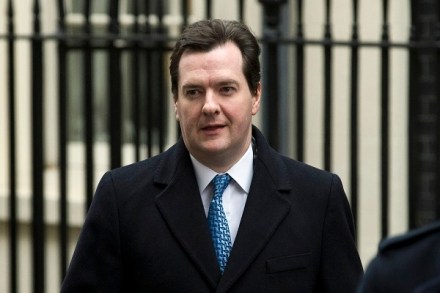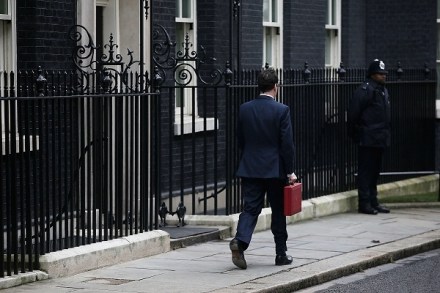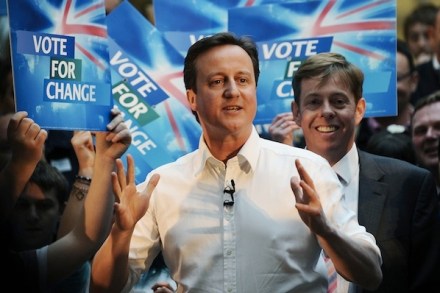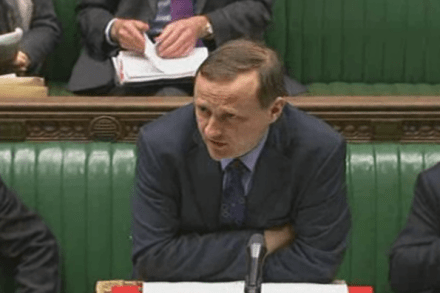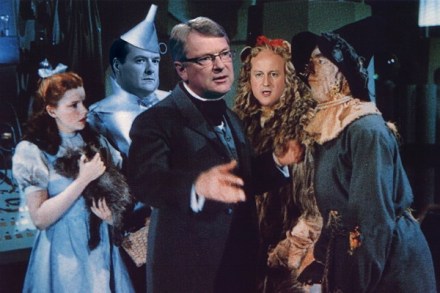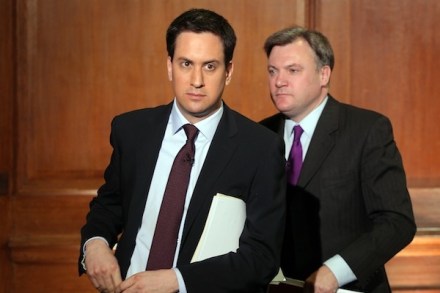Welfare Reform is this government’s most difficult but most popular policy.
I always enjoy Peter Oborne’s columns not least because his opinions are as entertaining, predictably unpredictable, quixotic and changeable as his cricket captaincy. This is not a bad thing. This week he’s back in full-on Cameron as Disraeli mode, arguing that the coalition’s reforms of education (in England, though sadly the Peter and the Telegraph refer to “Britain’s schools”) and welfare (across the UK) are so important that success here dwarfs any failure anywhere else. I think he may be right. Coincidentally, I’ve an article in today’s Scotsman that, though chiefly concerned with Iain Duncan Smith and welfare reform, makes passing reference to Gove too. These two, perhaps more than


